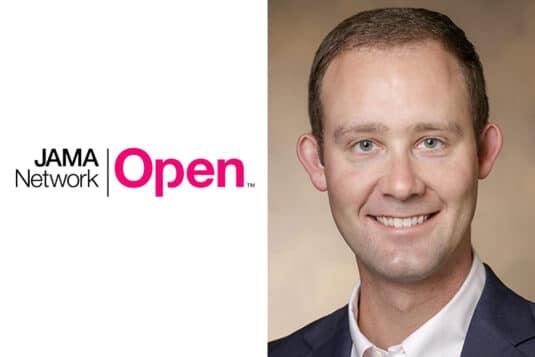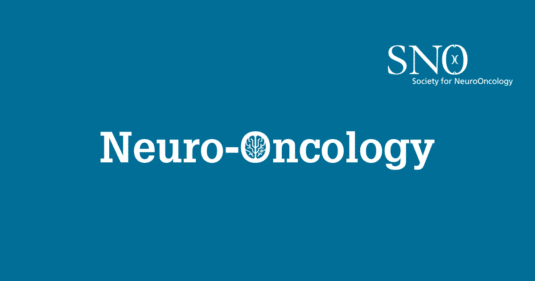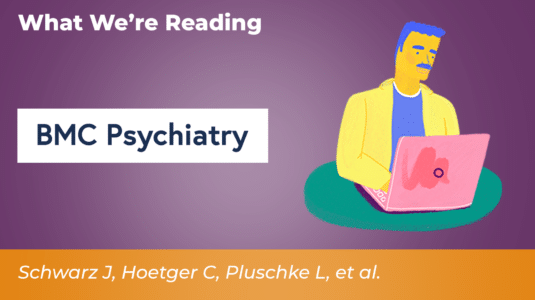Can AI chatbots help patients make sense of their medical notes? This first-of-its-kind study published in JAMIA Open finds that with the right prompt, large language models may become powerful partners in understanding complex health information.
Studies
Repeated Access to Patient Portal While Awaiting Test Results and Patient-Initiated Messaging
A new study found that patients often refresh the portal while awaiting test results—especially for routine tests. This behavior is linked to increased messaging, suggesting that individual worry may drive communication more than the test itself.
Identifying, Engaging, and Supporting Care Partners in Clinical Settings: Protocol for a Patient Portal–Based Intervention
This study aimed to implement a novel patient portal–based intervention to identify, engage, and support care partners in clinical settings. Early results suggest that the intervention could be an easily scalable and adaptable method of identifying and supporting care partners in clinical settings.
Guidelines for Patient-Centered Documentation in the Era of Open Notes: A Qualitative Study
This study by Vanka, et al, presents 10 guidelines for patient-centered medical documentation, emphasizing respect, clarity, and inclusivity in clinical notes. These principles aim to empower patients, improve trust, and enhance medical education on open notes practices.
Clinician and patient perspectives on the exchange of sensitive social determinants of health information
The findings of this study suggest that a multifaceted approach, taking both patients’ and clinicians’ concerns and preferences into account, is needed to improve the collection, documentation, and exchange of SDOH data to benefit both direct patient care and broader efforts at improving public health.
Study: Leveraging a patient portal to help patients formulate their healthcare goals
This study tested self-directed tools for older adults with chronic conditions to identify healthcare priorities. Website engagement was low, but 26% completed an Epic previsit questionnaire. Most found it helpful, and physicians noted it facilitated end-of-life care discussions.
Shared access to adults’ patient portals: A secret shopper exercise
Our secret shopper exercise unveiled noteworthy variability in the experiences of 18 individuals attempting to grant or receive shared access to the patient portal, highlighting multiple barriers and facilitators to shared access. The findings underscore the imperative for cross- and intra-organizational collaboration aimed at learning from the diverse experiences of patients, care partners, clinicians, and staff, and disseminating best practices.
Gaps in the coordination of care for people living with dementia
This study examines care coordination breakdowns reported by patients living with dementia (PLWD) or their care partners. Interventions to improve communication across different care teams are needed to minimize the harmful effects of gaps in care coordination.
Identifying research priorities and essential elements of palliative care services for people facing malignant brain tumors: A participatory co-design approach
Malignant brain tumors (brain cancer) significantly affects the quality of life (QoL) of patients and their care partners, particularly in areas like cognition and communication. This study aimed to find out the top research priorities for palliative care in brain cancer using a collaborative, community-driven approach.
Psychiatrists’ perceptions of conditions and consequences associated with the implementation of open notes: Qualitative investigation
Psychiatrists practiced in Germany where open notes have not yet been established as part of the healthcare data infrastructure. Open notes were perceived to increase transparency and patient involvement but were also believed to raise issues of stigmatization and conflicts.












